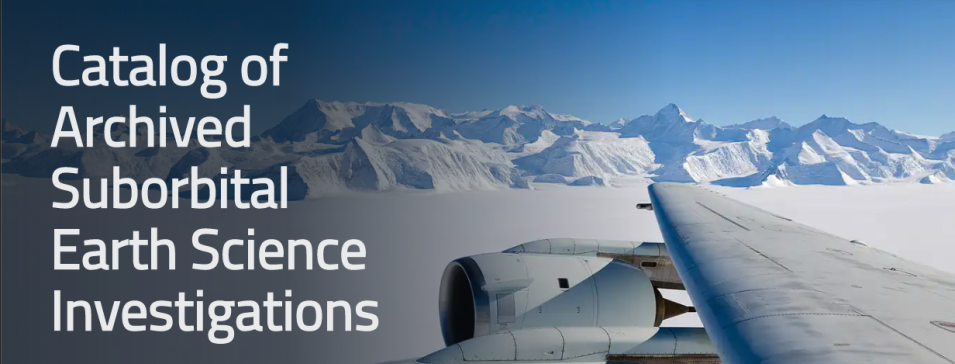Members of NASA's Interagency Implementation and Advanced Concepts Team (IMPACT) are receiving agency Silver Achievement awards in recognition of their accomplishments. Dr. Manil Maskey, IMPACT deputy manager, is receiving the NASA Silver Achievement Medal, and the IMPACT Airborne Data Management Group (ADMG) is being honored with the NASA Silver Group Achievement Award. Silver Achievement distinctions are conferred upon individuals or teams in recognition of exceptional accomplishments that exemplify one or more of NASA’s Core Values—safety, excellence, teamwork, integrity, and inclusion.
IMPACT Members Receive NASA Silver Achievement Honors
Maskey helps oversee the planning and execution of IMPACT projects and is involved in developing innovative technical approaches and designing new systems. One example of his leadership is the rapid development of the Tri-Agency Dashboard, an initiative that originated from a collaborative effort among NASA, ESA (European Space Agency), and the Japan Aerospace Exploration Agency in early 2020. The dashboard provides access to Earth-observing satellite data along with a suite of data exploration tools and illustrates the immense potential of Earth observation data in tracking planetary change.
“As a data science practitioner, I work in two key fields: data visualization and computer vision,” says Maskey. “In the development of the dashboard, I had the opportunity to collaborate with a diverse multi-agency team, and it was through this collective effort that we learned so much from one another. Each team member’s contributions played a vital role in the project’s success.”
Maskey built on his dashboard work by leading the development of the more comprehensive Visualization, Exploration, and Data Analysis (VEDA) system. VEDA consolidates geographic information systems (GIS) delivery mechanisms, processing platforms, analysis services, and visualization tools and provides an ecosystem of open tools for addressing Earth science research and application needs. Recently, he has been leveraging VEDA’s core capabilities to create the U.S. Greenhouse Gas Information and Monitoring System. In addition to his work on data systems projects, Maskey dedicates a significant portion of his time to devising data-centric solutions that further the application of artificial intelligence to scientific data analysis.
The IMPACT ADMG team, led by Dr. Stephanie Wingo, is being honored for demonstrating “excellence and teamwork in the development and implementation of a knowledge center for NASA airborne and field campaign data.” The team broadly supports NASA’s airborne and field Earth science endeavors by creating and managing stewardship strategies for resources, information, and data.
Over the past few years, ADMG has deployed a new resource called the Catalog of Archived Suborbital Earth Science Investigations (CASEI) that allows airborne and field data users to more easily discover and access NASA campaign data and information. CASEI allows users to sift through dozens of historical and ongoing airborne and field campaigns that can be sorted by parameters such as geographical location and date range. Users also can explore data collected by a wide array of platforms and instruments. Once a needed data product is identified, users can download data from the associated NASA Distributed Active Archive Center (DAAC). Currently deployed in Beta version, the ADMG team anticipates releasing the full version of CASEI in the summer of 2023.
Wingo notes the significance of the Silver Achievement Award for her team. “A massive part of the effort in putting CASEI together has been the meticulous curation of contextual metadata," she says. "Because our team understands and sees the real value in their work, the result is larger than the individual parts. [This] award validates our achievements and encourages our team to continue embracing the notion that each person’s role is important for the final product."
IMPACT is a component of NASA’s Earth Science Data Systems (ESDS) Program and works to further ESDS’s goal of processing, archiving, and providing Earth science data to maximize the scientific return of NASA’s missions and experiments for scientists, decision makers, and society.

